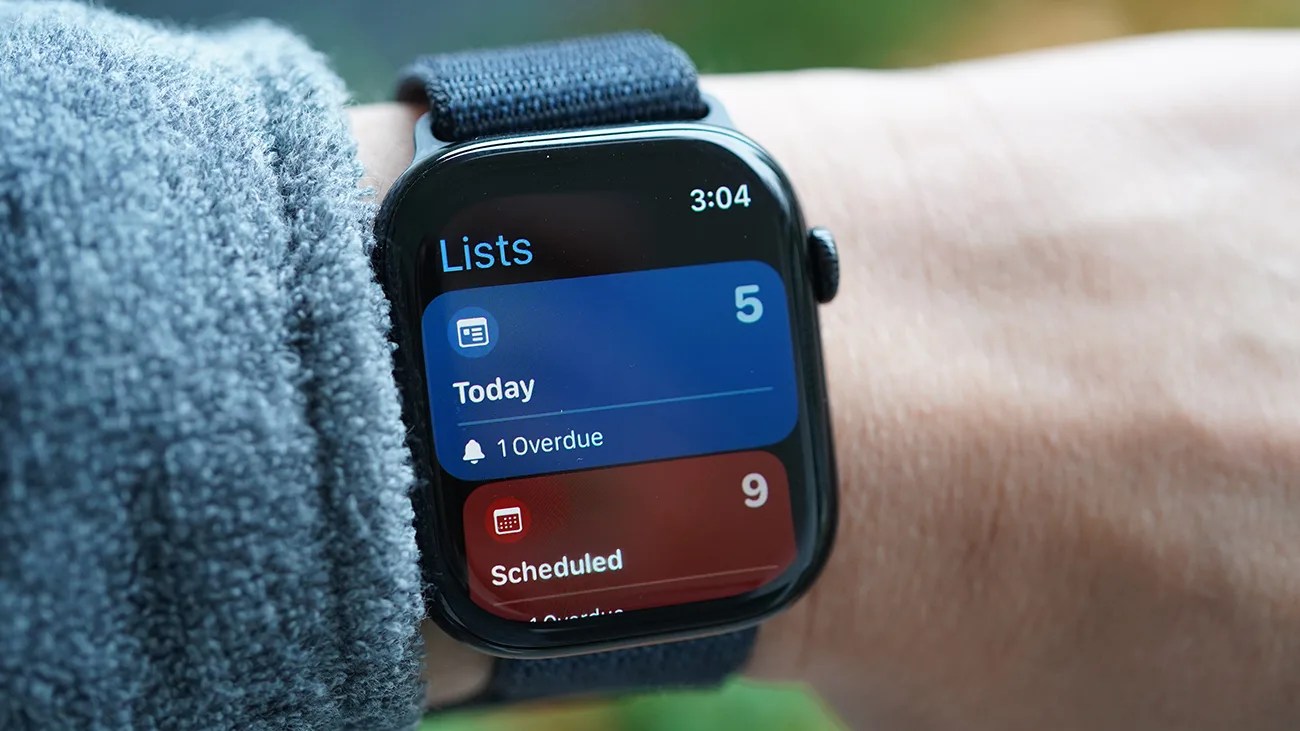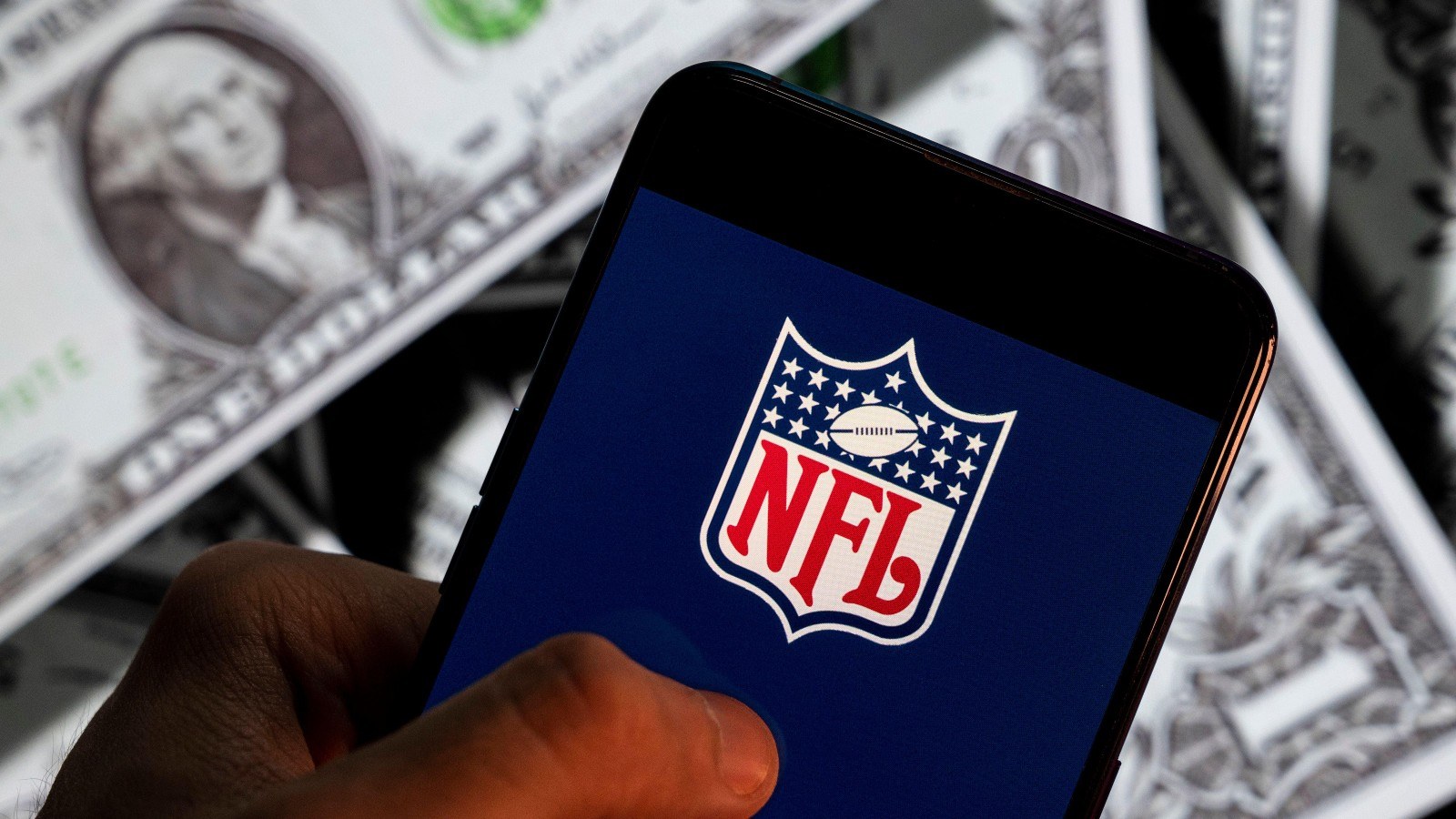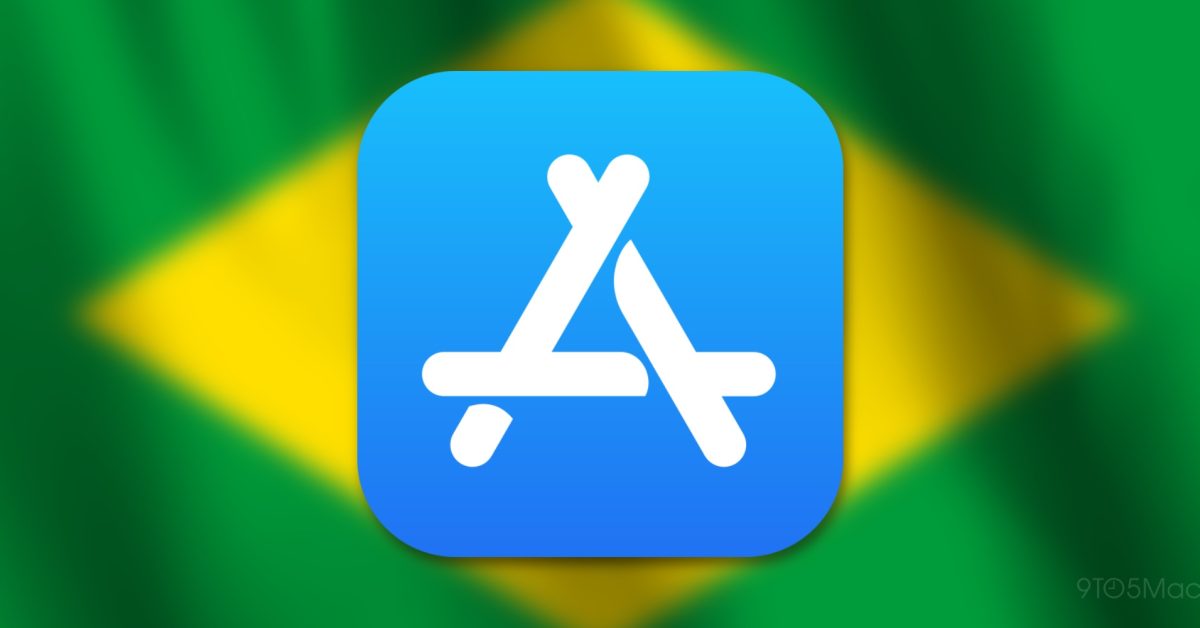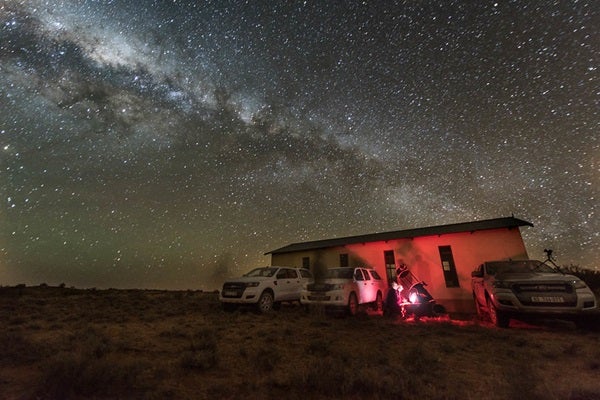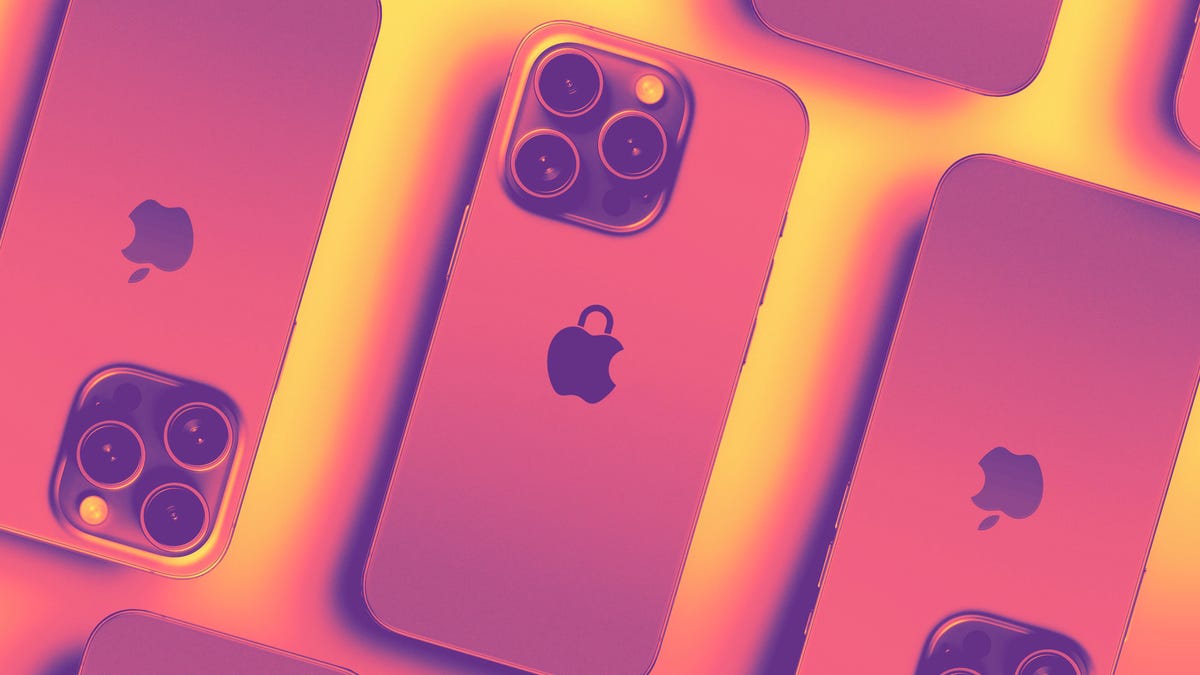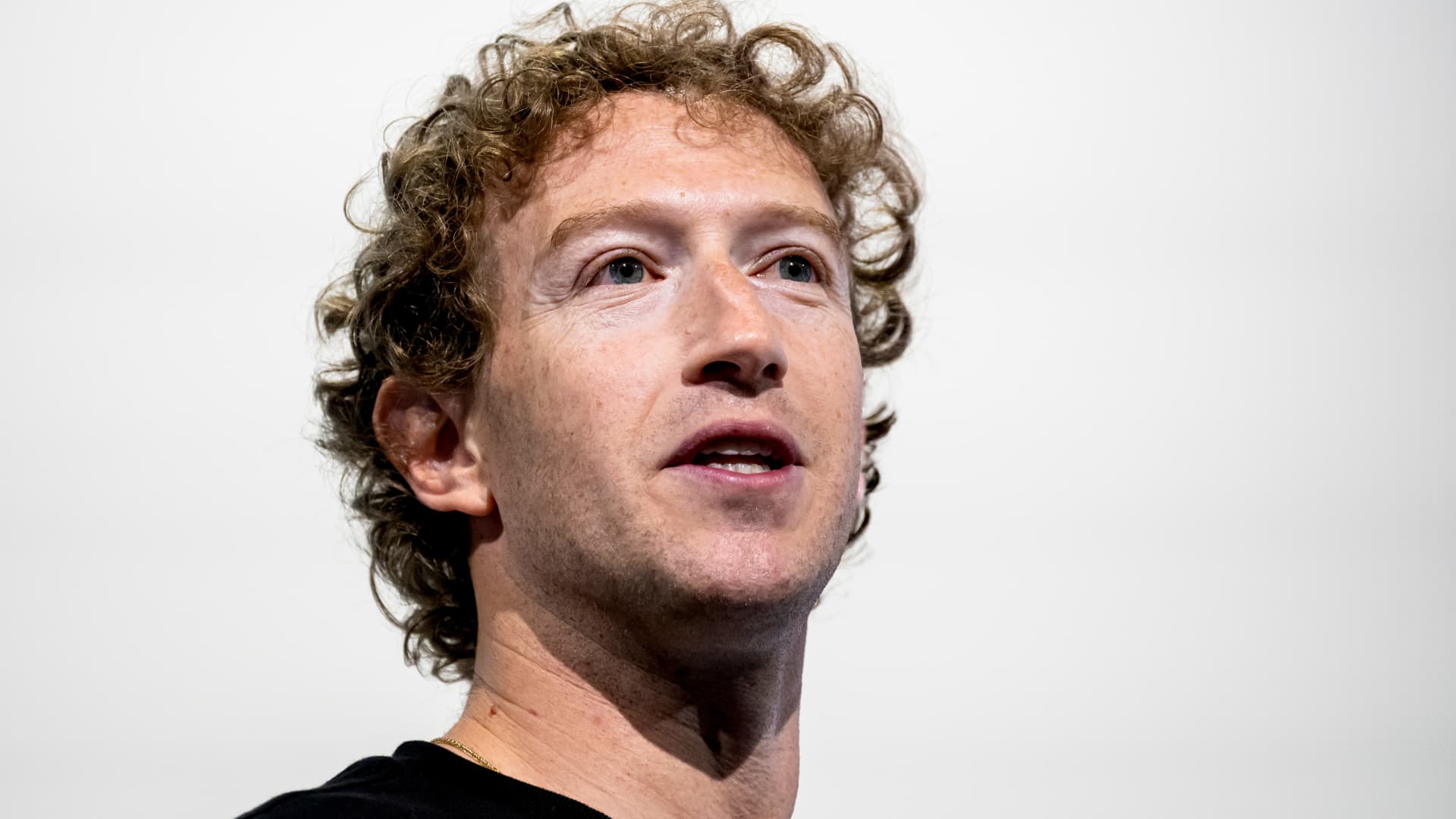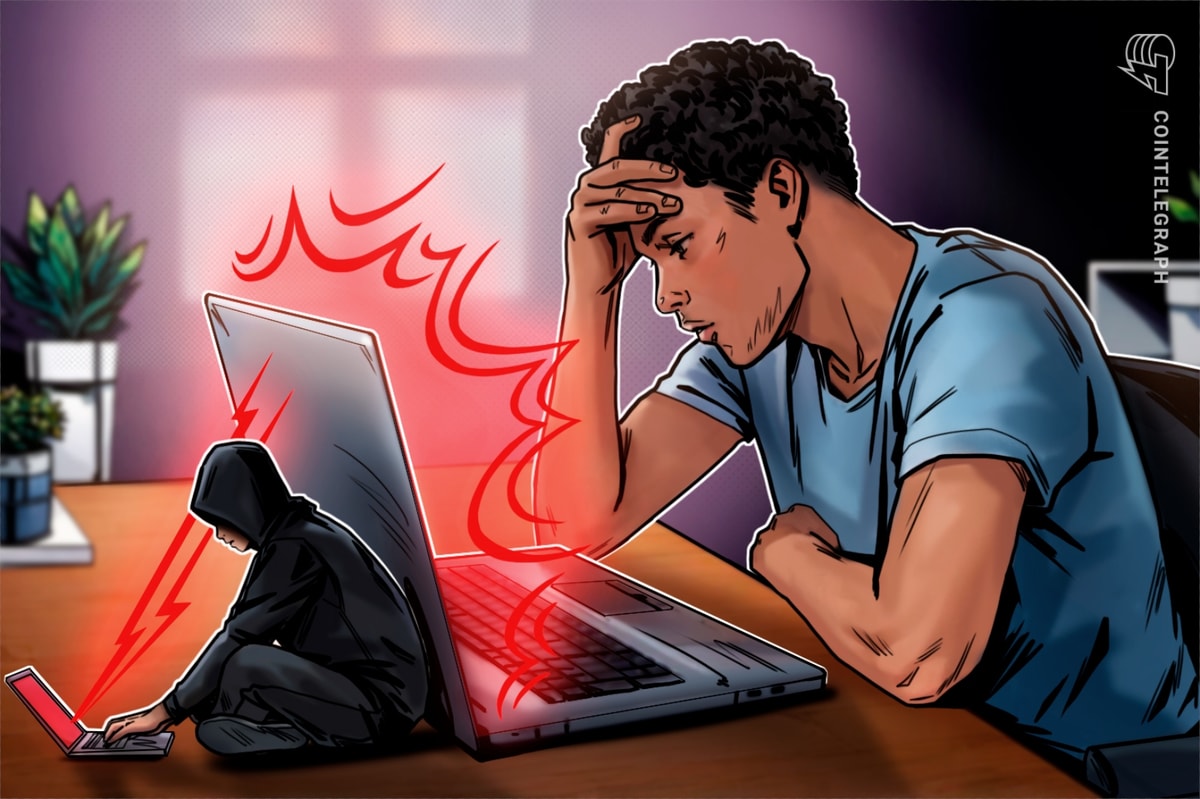Ingenious, bespoke and dizzyingly ambitious digital technologies, designed for and by health systems, are changing how healthcare works around the world. But, as a diverse group of African health workers report, a significant part of the tech revolution in community healthcare is happening on our most familiar smartphone apps. In a session organised in partnership with eHealth Africa as part of the Geneva Learning Foundation's Teach to Reach peer-learning platform, frontline workers from across the continent explained how they are mobilising popular, free-to-download tools like the messaging platform WhatsApp to better reach people in need. WhatsApp, the most popular messaging app in most African countries, is powerful precisely because it's in such widespread use. In Bungoma County, Kenya – a country with a WhatsApp penetration of 97% among internet users – community health worker Geoffrey Mutali relies on the app to reach the people he looks after. "Using WhatsApp to be in touch with the community is much easier than waiting for community members to come to the health facility to get their children vaccinated," he says. Mutali describes how digital coordination can help hurdle both distance and financial barriers: "A WhatsApp group has really made me reach people/colleagues in the community to be aware of what is happening in the community, especially areas where some children needed to be vaccinated... we arrange to visit the community to ensure each and every child is vaccinated without which due to distance and financial constraints might contribute to certain communities not having access to vaccination." WhatsApp is also fast. In Katsina State, Nigeria, community health worker Sabitu Sanusi emphasises: "WhatsApp easily helps us in getting responses or information in time – more than any other platform." In speeding up information flows, digital messaging apps also boost health care workers' capacity to respond in the nick of time, and digital networks have proven crucial during health emergencies. Consultant Joyce Muriithi shares a recent experience in which WhatsApp facilitated urgent vaccine referrals during a COVID-19 surge: "Those who know I support and advocate for vaccines reach out to me on behalf of themselves or the community... there has been a recent wave of respiratory illnesses they were seeing at the hospital... and people, especially those who did not get the C-19 vaccine, coming to demand it or enquire where they can get vaccinated." Group chats are also strengthening vaccine education and demand generation by acting as virtual notice boards and classrooms. Public health specialist Safiyanu Haruna from Kano State, Nigeria, describes using a WhatsApp group called the "Immunization Academy WhatsApp group" to learn about various aspects of vaccination, from basic vaccine knowledge to tracking missed children. In Nairobi's Kangemi area, community health worker Taphurother Mutange demonstrates how simple digital approaches can be effective: "I just used my phone to send messages to [people]. I engage by telling one to talk to others about the activities." Digital tools are transforming how health workers are coordinating their efforts within teams. As a nurse-midwife from Nigeria's Plateau State reports: "We have LGHA WhatsApp platforms through which all information concerning immunisation is shared and everyone responds when necessary." Other, more specialized, publicly available apps are changing how health workers collect and process data for decision-making. In Nigeria's Yobe State, public health specialist Esther Yusuf Yakubu describes using a free Android data-entry app for research that directly informs public health strategy. "We used the KoboCollect app for data collection regarding research for an intervention. In the end, the data collected using the digital tool helps us as an organisation in decision-making on the possible ways we can help the community." English: Teach to Reach 9: Shared experiences (1.0). Teach to Reach: Connect 9, Online. The Geneva Learning Foundation. https://doi.org/10.5281/zenodo.10062521 French: Teach to Reach 9. Expériences partagées (1.0). Teach to Reach: Connect 9, Online. The Geneva Learning Foundation. https://doi.org/10.5281/zenodo.10065921 Ahead of Teach to Reach 11, The Geneva Learning Foundation has just released the latest English-language collection of "Experiences shared". The new compendium includes over 600 health worker experiences about immunisation, climate change, malaria, NTDs and digital health. A second collection of more than 600 experiences shared by French-speaking participants is also available. Is your organisation interested in learning from health workers? Learn more about becoming a Teach to Reach partner"A WhatsApp group has really made me reach people/colleagues in the community to be aware of what is happening in the community, especially areas where some children needed to be vaccinated"
– Geoffrey Mutali, community health worker
Going viral?
Paging Dr Beat
In the group chat
Taking the temperature
These health worker experiences are documented in Teach to Reach's Experiences Shared collection.
Listen to the Teach to Reach podcast:
2024-12-10 12:00:00
WhatsApp, Doc? Health workers in Africa deploy ordinary apps to make an extraordinary difference
| Name | |
|---|---|
| Publisher | |
| Genre | games news |
| Version | |
| Update | ديسمبر 10, 2024 |
| Get it On |

|
























